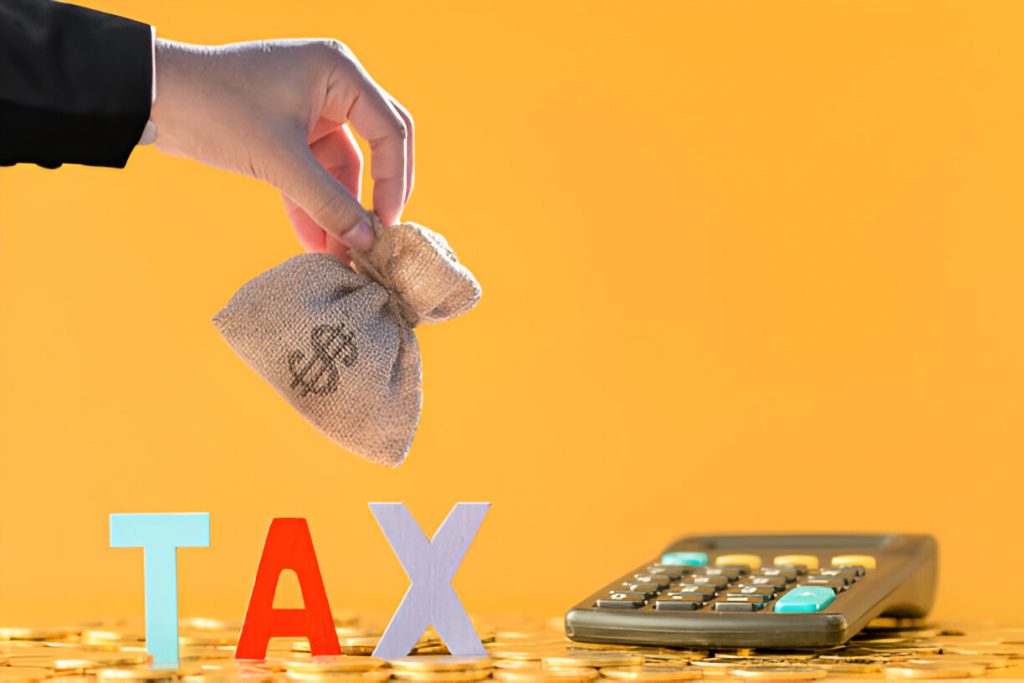
When you buy a home in Plusvalia Property Tax in Spain, it’s not just the price of the property that you need to consider. There’s an additional tax that often catches new homeowners off guard, known as “PlusvalÃa.†Curious about what this tax entails and how it might impact you? Let’s break it down and make it crystal clear. Whether you’re new to the Spanish property market or simply need a refresher, understanding PlusvalÃa is crucial to navigating your purchase smoothly. For more detailed information on property buying in Spain, visit Charfort.
What Is Plusvalia Property Tax in Spain and Why Does It Matter?
First things first—what exactly is PlusvalÃa? In Spain, PlusvalÃa is a municipal tax imposed on the increase in value of urban land. In simple terms, it’s a tax on the profit the land gains from the time it was purchased to the time it’s sold. It’s not about the house itself but the value of the land it sits on. This tax is a key consideration whether you’re buying or selling property. But why does it matter to you?
How Does Plusvalia Work?
Understanding how PlusvalÃa works can help you avoid unexpected costs. This tax is calculated based on the increase in the land’s value during the time the seller has owned it. This means it’s not related to the actual sale price but to how much the land’s value has appreciated. In Spain, where land often holds significant value, this can be a notable cost. Before finalizing your purchase, it’s essential to ask your real estate agent or consult a local expert to see how PlusvalÃa might affect you.
Who Pays for Plusvalia?
Typically, the PlusvalÃa tax is the responsibility of the seller, but this isn’t always set in stone. The tax can sometimes be a point of negotiation between the buyer and the seller. If you’re buying a home, it’s a good idea to clarify who will be responsible for this cost early in the process. This could save you from an unexpected expense and allow you to plan your budget more effectively.
What Is the PlusvalÃa Tax Rate?
You’re probably wondering how much this tax will cost you. The PlusvalÃa tax rate varies depending on a few key factors, such as how long the seller has owned the property and the municipality where the property is located. Each municipality in Spain sets its own tax rate, so it’s crucial to find out what the rate is in the area where you’re buying.

Factors That Influence the Rate
The PlusvalÃa tax rate isn’t fixed and can fluctuate based on several factors. Generally, the longer the property has been owned, the higher the tax, as the land value is presumed to have increased over time. Additionally, the value of the land plays a significant role. The more valuable the land, the higher the tax bill. Understanding these factors can help you anticipate the potential costs involved.
Differences Across Municipalities
One important thing to note is that PlusvalÃa rates can vary significantly from one municipality to another. For example, a home in Madrid might face a different tax rate compared to a property in a smaller town. It’s a good idea to check with the local government or your real estate agent for the specific PlusvalÃa rate in the area where you’re considering a purchase.
Can Plusvalia Be Reduced?
No one likes paying more taxes than necessary, so you might be wondering if there are ways to reduce your PlusvalÃa tax. Fortunately, there are some situations where the tax can be lowered or even eliminated.
Exemptions and Discounts
Certain municipalities offer exemptions or discounts on the PlusvalÃa tax for primary residences or properties passed down through family inheritances. It’s worth checking if you qualify for any of these exemptions. In some cases, if you’re buying a property that has decreased in value, you might be able to avoid the tax altogether. Make sure to consult with your real estate agent or legal advisor to explore these options.
Legal Loopholes
There have also been legal challenges related to the calculation of PlusvalÃa, especially if the property has not appreciated in value. In some cases, homeowners have successfully contested the tax in court. If you believe you might have grounds for a challenge, consulting with a legal expert could help you navigate this complex issue.
What Is Plusvalia in English?
If you’re not fluent in Spanish, it might be challenging to grasp all the legal terminology surrounding property taxes. So, what does “PlusvalÃa†mean in English? Simply put, it translates to “added value.†It refers specifically to the increase in the value of the land on which the property sits, not the building itself. Even if your home hasn’t appreciated much, the land might have, and that’s what the tax is based on.
Why It’s Important to Know the English Term
Knowing the English term can be helpful when dealing with international real estate agents, lawyers, or when doing your own research. Being familiar with the term “added value†ensures that you’re not caught off guard by contractual language or negotiations. It’s an essential part of understanding how property transactions work in Spain.
Why Should You Care About Plusvalia When Buying a Home?
Even if you’re not directly paying the PlusvalÃa tax, it can still impact the final sale price or overall cost of the home. Buyers need to be aware of this hidden cost as it can sometimes be used as a negotiating point during the sale process. Here’s how it could affect you:

Impact on Your Budget
Although the PlusvalÃa tax might not be a direct expense for buyers, it can influence the seller’s willingness to negotiate on the final sale price. If the seller is facing a substantial PlusvalÃa bill, they might be less inclined to reduce the sale price. Knowing this dynamic can help you plan your budget more effectively.
A Point of Negotiation
In some scenarios, the PlusvalÃa tax can become a bargaining chip. If you’re aware that the seller has a significant tax bill, you might negotiate to share the cost or ask for a reduction in the purchase price. Understanding how PlusvalÃa affects the sale can give you leverage during negotiations.
FAQs
What is PlusvalÃa?
PlusvalÃa is a municipal tax in Spain on the increase in value of urban land from the time it was purchased to the time it’s sold. It’s calculated based on the land’s appreciation, not the actual sale price of the property.
Who is responsible for paying PlusvalÃa?
Typically, the seller is responsible for paying PlusvalÃa. However, this can be negotiated between the buyer and seller, so it’s important to clarify who will cover this cost before finalizing the purchase.
How is PlusvalÃa calculated?
The PlusvalÃa tax is calculated based on the increase in the land’s value during the period it was owned by the seller. The tax is influenced by factors such as the length of ownership and the municipality where the property is located.
Can PlusvalÃa be avoided or reduced?
In some cases, PlusvalÃa can be reduced or eliminated. Exemptions and discounts may apply for primary residences or family inheritances. Additionally, if the property has decreased in value, it might be possible to challenge the tax. Legal advice can be useful in these situations.
What does PlusvalÃa mean in English?
The term “PlusvalÃa†translates to “added value†in English. It refers to the increase in the value of the land on which the property sits, not the building itself.
Does PlusvalÃa vary by location?
Yes, the PlusvalÃa tax rate can differ significantly between municipalities in Spain. Each municipality sets its own rate, so it’s important to check the specific rate for the area where you’re buying.
Can PlusvalÃa be used as a negotiation point?
Yes, PlusvalÃa can sometimes be used as a point of negotiation. If you know that the seller is facing a high PlusvalÃa bill, you might negotiate to share the cost or ask for a reduction in the purchase price.
Conclusion
When buying a home in Spain, understanding PlusvalÃa is essential to avoid unexpected costs and effectively plan your budget. Whether you’re dealing with the tax as a buyer or seller, being informed can save you both money and stress. For more information on property transactions in Spain, or to get expert advice on how PlusvalÃa might affect your purchase, check out Charfort. Always consult with your real estate agent or a legal expert to ensure you’re fully aware of how PlusvalÃa impacts your property deal.

